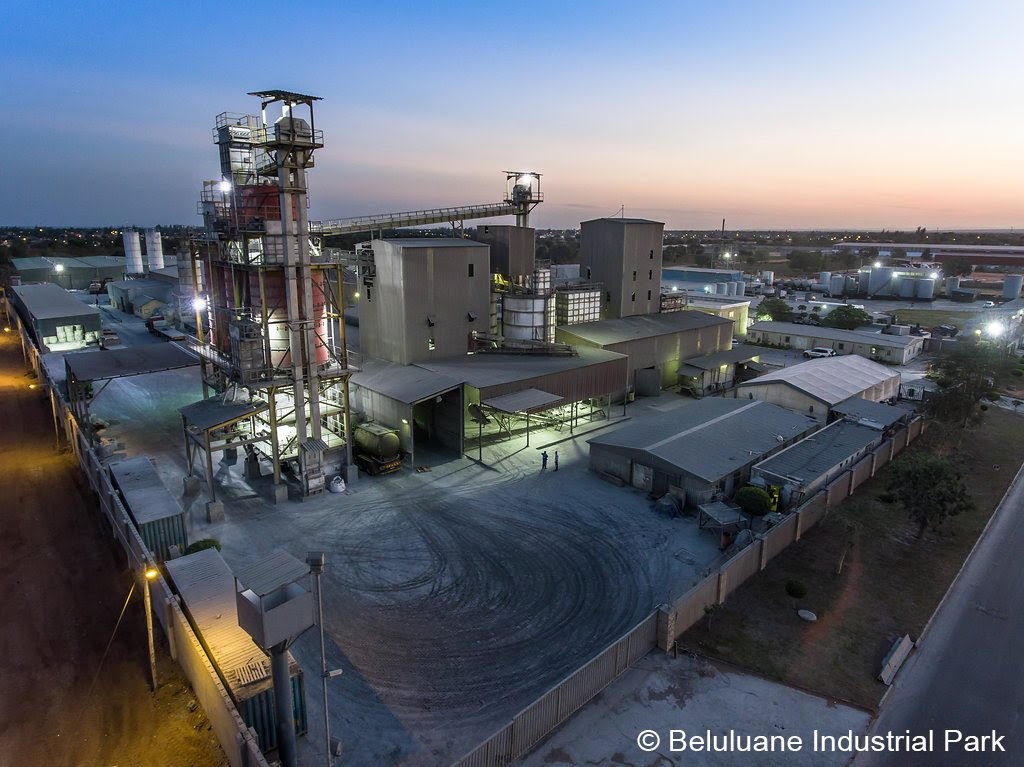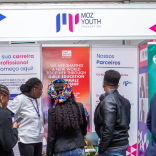Mozambique: Government provides information on LAM every 15 days - Watch
Africa the focus of banner London conference – By Colin Waugh

This week London’s South Bank became a magnet for Africa investors, entrepreneurs, and capital providers alike as the 6th Annual Africa Financial Services Conference (AFSIC) opened its doors to delegates, with some 700 attendees from over 30 African countries convening for the event. Over a three-day programme, with dozens of speakers from the continent as well as outside investor centres and financial institutions, participants will engage in a wide variety of sessions at AFSIC. What has become an annual focus for seriously committed Africa fund managers, entrepreneurs, bankers, and specialist institutions with the expertise to serve Africa’s rapidly growing markets is also now a dealmakers’ meeting point and venue for forging new relationships as well as sharing views.
Reflecting this, AFSIC 2018 has dedicated deal making sessions, as well as digitally coordinated one-on-one meetings, plus regional, sectoral and specialist country panel groups for those already on the ground doing business. In short, AFSIC is a compelling opportunity for those with an interest in profit as well as progress south of the Sahara.
Without a doubt, global investors are positioning themselves to better understand the increasing opportunities across Africa in greater depth. AFSIC’s organiser and founder, Rupert McCammon has as his mission a firm focus on matching investors to investment opportunities in Africa, and to that end designed multiple networking events within the event, which has resulted in AFSIC gaining considerable popularity with investors, dealmakers, and business leaders from across the continent.
Although this year Mozambique’s bankers, equity market operators and government officials were notable by their absence, newly relaunched SCP Africa Lda. and its sister company SCP Africa Investments carried the flag together with KfW, Alithea IDF and a handful of interested outsiders patiently keeping an eye on Mozambique’s prospects.
For the beleaguered Mozambican SME sector, there were green shoots, as several private equity investment firms and specialist SME finance houses do have the ‘default darling’ on their radar, admittedly some with their antennae positioned at a greater distance than others. Sub-regional players such as Windhoek-based NamPro Fund, already building a portfolio in the region, targets Zambia and Mozambique next in its roll out across the SADC economies. Overall there is a sense not only of ‘down but not out’ but rather of ‘Deus ajuda quem cedo madruga’ and the sense of opportunity amidst economic gridlock is clearly in the air.
Warning signals as well as challenges abound however, as speakers at the East Africa session highlighted. Saad Sheikh of TLG Capital and Abraham Kamau of Miradi Capital, both positive on their region while wary of an emerging bubble in Kenya, stressed the importance of foreign expertise in getting processing and import-substitution businesses off the ground. With domestic managerial skills often in short supply, without external guidance there is little hope of achieving the all important move up the value chain for the agriculture and retail processing sectors, they emphasised.
In these respect Mozambique’s Industrial free Zones come into the limelight with exactly the kind of benefits and exemptions that big-ticket industrial investors need to see in Africa. The government first established export processing zones called Industrial Free Zones in 1999, providing customs and tax exemptions and other benefits, including profit repatriation. A special labour and immigration tax scheme is also available for industrial free zones.
Industrial Free Zone developers enjoy an exemption from customs duties, VAT, and tax on the importation of construction materials, machinery, equipment, accessories, accompanying spare parts and other goods destined for the establishment and operation of the Industrial Free Zone.

For example in Beluluane Industrial Park, in Maputo Province a major new complex has been created which is already expanding and attracting a range of different types of company, taking advantage of logistics, cost advantages, lower tax rates and supporting infrastructure. Recently under new management Beluluane seeks to provide its clients with a low-cost, low risk opportunity to enter Mozambique and build scale in their business, before later exercising the option to purchase a lot in the park. The park’s management and operational team have an extensive knowledge and experience in manufacturing facilitation. With dedicated workshops to help investors navigate the legislative and bureaucratic hurdles that are ever-present in Mozambique, Beluluane also provides the necessary infrastructure, licensing, and administrative support to allow investors to focus on their core business.
By Colin Waugh
- Colin Waugh is an investor and principal at SCP Africa Lda. in Maputo www.scpafricainvestments.com












Leave a Reply
Be the First to Comment!
You must be logged in to post a comment.
You must be logged in to post a comment.